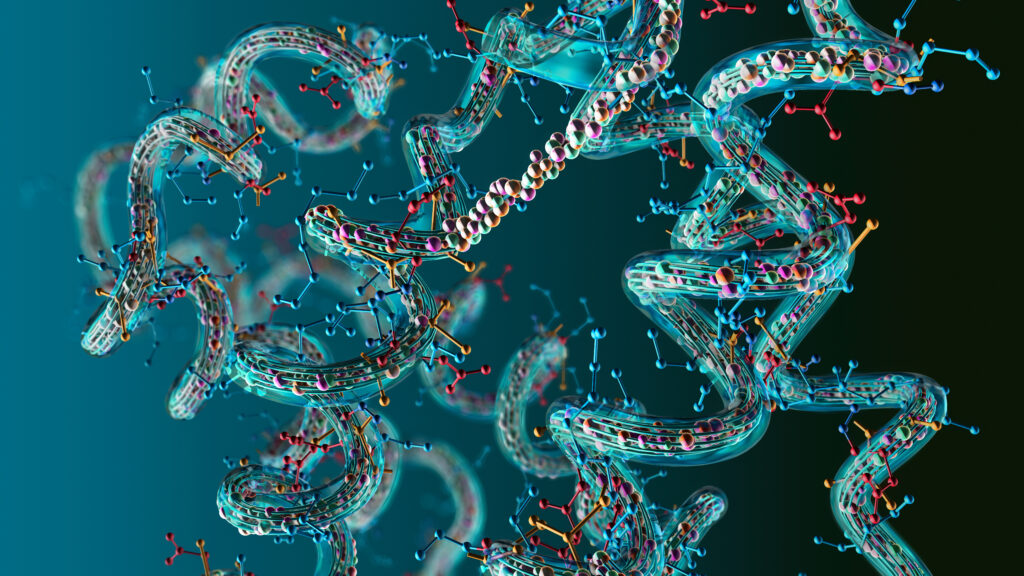In 2020, news headlines repeated John Moult’s words at the end of a stunning competition: Artificial intelligence had “solved” a long-standing grand challenge in biology, protein structure prediction.
Moult, a molecular biophysicist at the University of Maryland, co-founded the Community Wide Experiment on the Critical Assessment of Techniques for Protein Structure Prediction, or CASP, in 1994. The organizers refer to it as an “experiment,” but the research world considers it a competition. Every two years, scientists come out from behind their published papers and go head-to-head on blind challenges, testing whether their computational models can predict the three-dimensional shape of a protein, based on its amino acid sequence.
advertisement
Like a ticker tape with a single correct, folded origami form, predicting the 3D shape of a string of amino acids is difficult. In 2020, AI company DeepMind’s AlphaFold2 blew the structural biology community away by accomplishing what biologists hadn’t for nearly three decades: achieving predictions that were basically as good as actual lab experiments.
STAT+ Exclusive Story
Already have an account? Log in


This article is exclusive to STAT+ subscribers
Unlock this article — and get additional analysis of the technologies disrupting health care — by subscribing to STAT+.
Already have an account? Log in
To read the rest of this story subscribe to STAT+.

